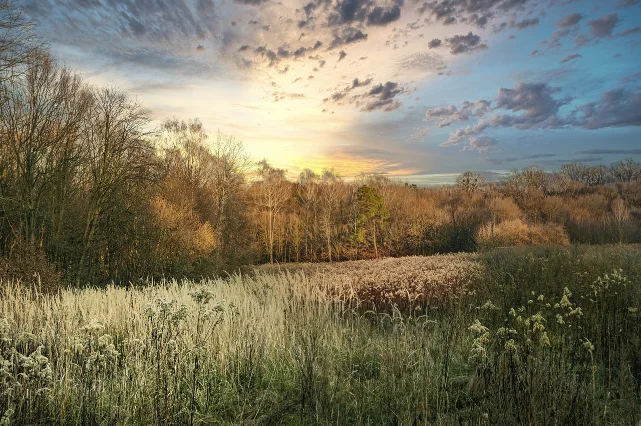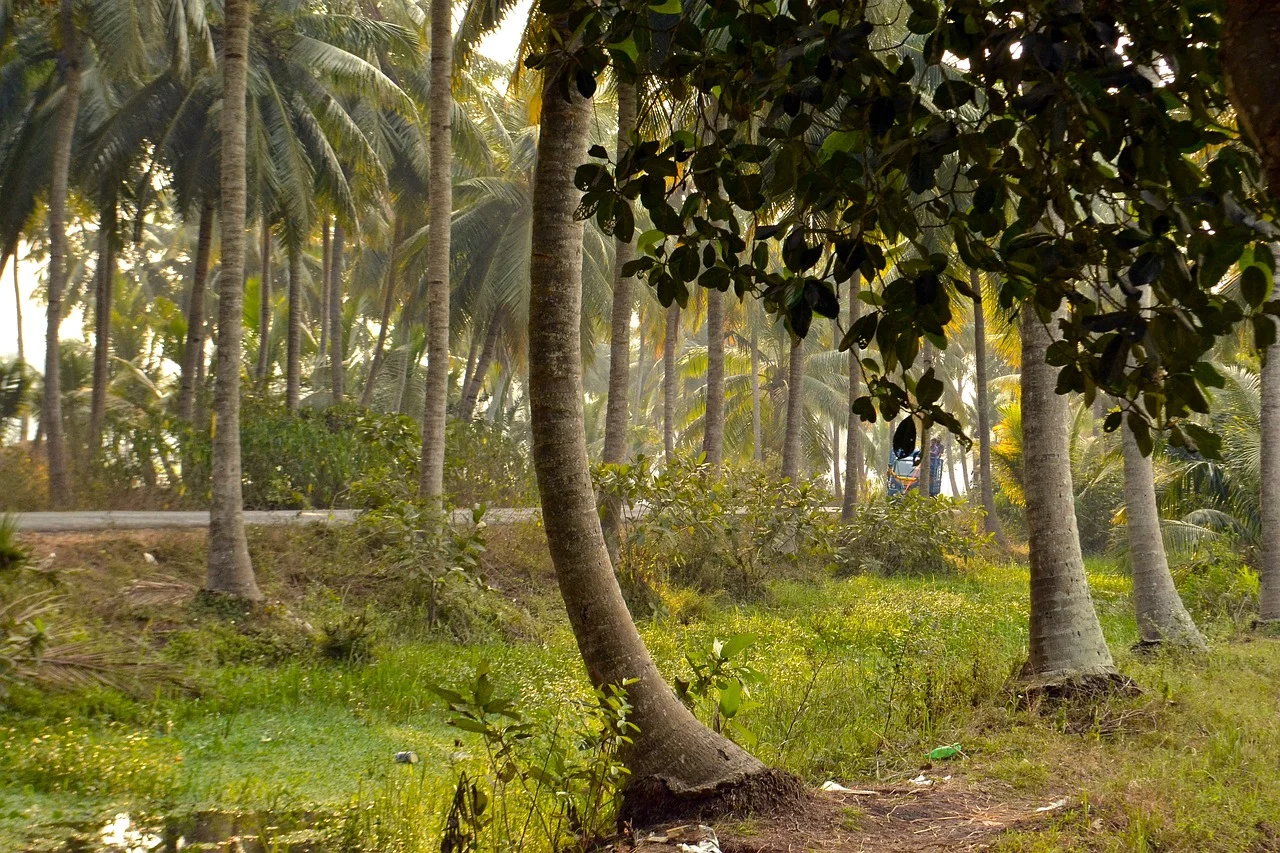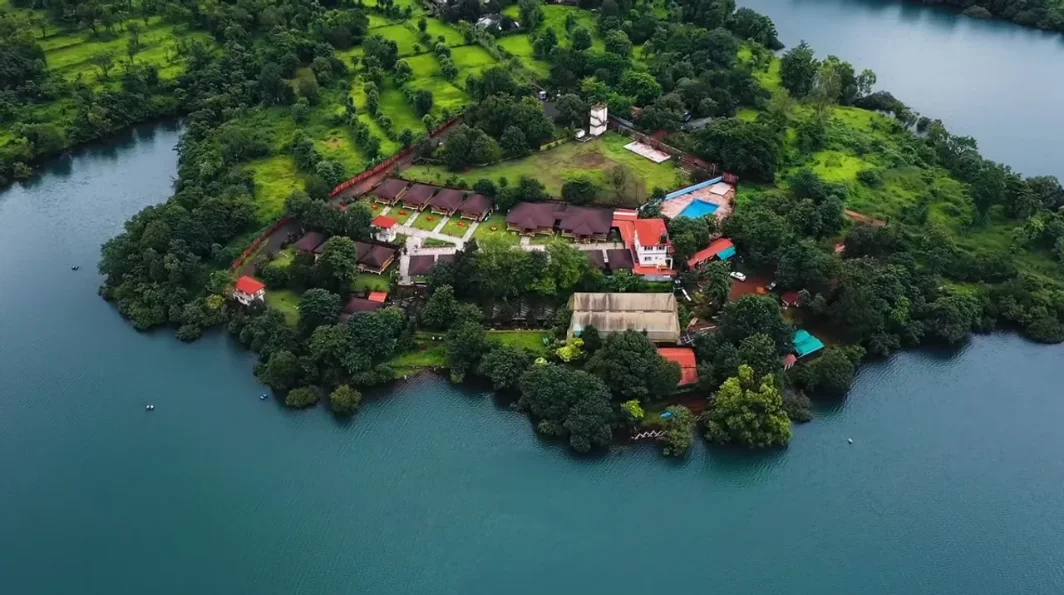The COVID pandemic hit our country in March 2020, causing a lot of upheaval. However, for Dushyant Vashisht, a 26-year-old engineer from Delhi, it became a turning point. He initially had dreams of pursuing his master’s abroad and exploring the world. Fast forward to today, and he’s not just a traveler but also the founder and manager of ‘Bir Terraces’. His journey is like an adventurous tale filled with daring decisions and creative thinking.
Bir Terraces is a luxurious homestay nestled in a seven-acre estate in Kumaon, amidst the breathtaking Himalayas. As guests praise his place, Dushyant expresses a sense of pride. What was once his own home has now become an enchanting retreat for many urban dwellers.
Surprisingly, this wasn’t Dushyant’s original plan; it unfolded as a twist of fate.
“The pandemic helped me see the possibilities my hillside home had to offer.”
After completing his studies at Manipal University in Mangaluru in 2018, Dushyant landed a well-paying job at a multinational company, and his future looked promising.

Reflecting on that period, he shares, “I had everything in place—documents, tests, and all—to pursue a master’s degree abroad in 2020. However, an unexpected pandemic brought everything to a halt, and I felt trapped. I had resigned from my job, serving my notice period, and on the flip side, going abroad seemed impossible with border restrictions.”
What he initially thought was a dead end turned out to be a transformative period in his life. It all began, he recalls, with a trip to Uttarakhand, where the family planned to spend two months in their ancestral home, which had been passed down from Dushyant’s great-grandfather.
“Every city resident has a piece of land assigned to them, and in 2015, we had a cottage built on our plot. It became a sort of holiday home where we’d unwind with friends and family, escaping the hustle and bustle of city life,” he explains.
Also Read: A Mom-Daughter Duo’s Empowering Journey Transforming Their Dairy Farm into a Vibrant Vegan Farmstay
On a whim, he decided to take a few pictures of the place and the property, sharing them on social media. Little did he anticipate the surprising reaction that would follow.

“I received responses and messages from numerous people I knew, expressing interest in the place. They appreciated its simplicity and charm, and that got me thinking, ‘why not turn this into a project?'” he discloses.
Dushyant explains that initially, his goal was to create a sustainable tourism model. He envisioned having an organic farm on the property, implementing natural farming practices, and providing employment to locals. Essentially, his aim was to invite people to enjoy a refreshing break.
He teamed up with a college friend, Avanti, who left her job as a chef in Mumbai to lead this passion project alongside Dushyant. In December 2020, Bir Terraces opened its doors to its first guests.

A Glimpse into Bir Terraces’ Eco-Friendly Haven
A majestic three-bedroom Victorian-style cottage proudly stands tall on the expansive seven-acre property. When viewed from above, it appears seamlessly intertwined with nature, offering each room a connection to the surrounding forest.

In their explanation, the duo emphasizes their commitment to preserving the environment. No trees were felled during the construction; instead, the cottage was carefully built around the existing trees. Embracing sustainable living practices, they employed a technique known as random rubble masonry, reminiscent of traditional mountainside homes. This method involves stacking stones to create a sturdy structure.
“Not only did we preserve the outer core, but we also embraced sustainability in our interior design. We used upcycled wood for the furnishings. When we demolished our old family haveli (manor house) in 2015 to make way for the cottage, we repurposed all the wood, now serving as decorative elements. For example, our dining table was once a door,” adds Dushyant.
When it comes to dining at Bir Terraces, guests won’t be disappointed with the variety of food options. The menu is predominantly vegetarian, offering a mix of “comfort food, local mountain delicacies, fresh salads straight from the farm, and even piping hot bread from a handmade tandoor (clay oven).”

“We take pride in the art of slow cooking, as mountain dishes are typically prepared slowly on a wood-fired hearth called a chulha, bringing out nutritious flavors. We craft a range of seasonings, jams, condiments, dressings, candies, misos, and various vinegars, all using ingredients grown or foraged from the Kumaoni mountains,” shares Avanti.
“In the winter, must-try dishes include slow-cooked bhatt ki daal (black soybean), bhaang ki chutney (hemp seed chutney), bicchu booti ka saag (nettle leaf vegetable) with ragi roti,” she adds.
All these delectable offerings owe their existence to the bountiful produce from the surrounding farm.
Filled with the fragrance of aromatic herbs
“I thought it would be fantastic to kickstart a natural farm here since we had the perfect conditions, with the right altitude and favorable weather,” shares Dushyant.

Their initial herb of choice was rosemary. “It not only enhances memory but also offers numerous other benefits. Plus, it’s easy to care for and cultivate,” he points out. Following rosemary, they expanded to growing thyme, lemongrass, sage, celery, peppermint, parsley, and more. At Bir Terraces, every meal and beverage commonly incorporates these flavorful herbs.
Also Read: Woman Transforms A Century-Old Himalayan House into a Homestay
So captivated by the herbs, the duo even began creating products with them and are gearing up to launch their brand, Nativ Indie. “These are SLS and paraben-free products like facewashes, handwashes, etc.,” adds Dushyant.
Encouraged by the success of their herb cultivation, the duo then turned their attention to growing vegetables and fruits. Peach, apricot, plum, and apple trees grace the surroundings of Bir Terraces, along with seasonal delights like strawberries, cherry tomatoes, radishes, broccoli, grapes, and more.
“All of this is cultivated using natural farming methods,” explains Dushyant. The farm utilizes cow dung, cow urine, and other organic waste from the home. A popular pesticide consists of a mix of marigold, chili, and garlic, which is fermented and diluted with water in a 1:100 ratio.

At Bir Terraces, they also promote a concept called forest bathing. This involves taking leisurely walks through the forest, grounded in scientific reasoning.
“When you breathe in the scent of pine during a walk in the woods, the terpenes have health benefits, reducing inflammation and protecting your nervous system. The use of terpenes in essential oils to enhance emotional well-being has been practiced for centuries,” explains Dushyant.
While prioritizing sustainability at the homestay, water conservation stands as another essential principle.
The water we use goes through a greywater harvesting system, where it undergoes filtration. Additionally, there’s a rainwater harvesting setup in place. A pipe on the roof gathers rainwater and stores it in an underground tank with a capacity of 65,000 liters.

Bir Terraces offers a variety of activities, including treks in the nearby areas and opportunities for walking, hiking, and relaxation, catering to everyone’s preferences. With prices starting at Rs 22,000 per night, the homestay accommodates around 60 families each year.
For Dushyant, witnessing the evolution of the homestay has been truly magical. “Looking back at the crossroads I was at, I now realize that everything indeed happens for a reason,” he says with a smile.
Book your stay here









